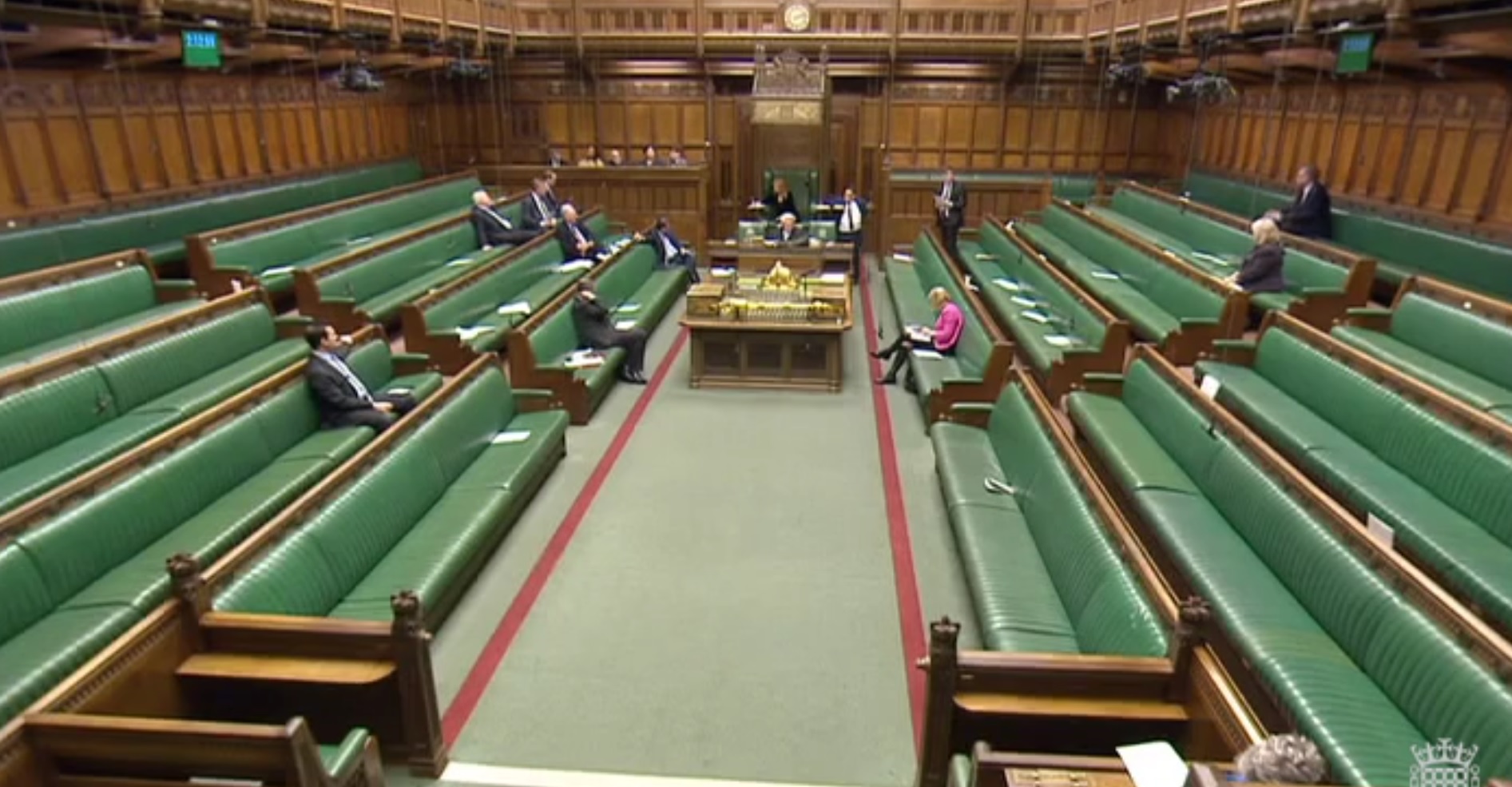The parliamentary petitions system has come under criticism lately when it was revealed that fewer than ten of the thousands of petition appeals launched by the public had led to a change of policy. As at 3 March 2017, more than 28,400 applications were submitted to the Commons petitions committee in the past 19 months.
As at 3 March 2017, more than 28,400 applications were submitted to the Commons petitions committee in the past 19 months.
The Petitions Committee review all petitions published. The website says they “select petitions of interest to find out more about the issues raised” and “have the power to press for action from government or Parliament.”
At 10,000 signatures requires a response from the government. At 100,000 signatures means the petition will be considered for a debate in Parliament.
Attaining the required number of signatures required for an official response is all but impossible without media coverage and support.  My own petition calling for a New Homes Ombudsman and other measures that would protect new homebuyers and drive up the quality of new homes has managed a disappointing 793 signatures with just 19 days remaining. Previous petitions for a New Homes Ombudsman also failed. This change.org petition got just 159 And this you.38 degrees just 5! This petition for a New Homes Ombudsman was rejected because it was “unclear.”
My own petition calling for a New Homes Ombudsman and other measures that would protect new homebuyers and drive up the quality of new homes has managed a disappointing 793 signatures with just 19 days remaining. Previous petitions for a New Homes Ombudsman also failed. This change.org petition got just 159 And this you.38 degrees just 5! This petition for a New Homes Ombudsman was rejected because it was “unclear.”
So what petitions were important to the British public?
A petition to “Make the production sale and use of cannabis legal” had 236,995 signatures, making it the ninth highest of all time. But a petition calling for the “legalisation of Medicinal Cannabis” attracted only 23,414 people signing. Surprisingly a petition calling for “more funding into brain tumours the biggest cancer killer of under 40s” was at number 44 with 120.129 signatures.
Other more popular petitions include “Remove the need to display a front number plate” with 31,122 signatures despite the fact it would bring no benefit. There were two separate petitions calling for a “Ban on driven grouse shooting” with 123,077 and 33,655 signatures. And there is still ten days left to join the 12,769 who have signed a petition “For the Robin to become our official National Bird!
Of the total (mostly pointless) 28,427 petitions, 18,581 were rejected. Under the rules, any that are defamatory, unclear in their aims, party political, about a personal issue, or about honours or appointments can be thrown out. Currently there are 2,772 petitions open and 7,074 that are now closed as petitions are only permitted to stand on the parliamentary website for six months.
Of the petitions permitted to stand on the parliamentary website for six months, 9,846 (35%) fewer than 433 (4.4%) were backed by more than 10,000 signatures, the barrier for receiving a government response. Of these, just 72 (0.73%) gained 100,000 signatures and yet only 58 were debated in parliament. Only seven resulted in, or coincided with, government action to address the demands made by the petitioner.
Those who favour the system, claim petitions encourage political engagement from voters saying that even if a petition does not lead to a change in the law, it raises awareness among legislators.
Andrew Bridgen, Tory MP for North West Leicestershire told The Times: “If any petition reaches 100,000 signatories, then we should debate it. If just one petition leads to meaningful change, that’s significant.”
Helen Jones, the Labour MP and chairwoman of the petitions committee, also defended the system. “The advice I always give to people is that you have to consider a petition as part of your campaign, and not the end of your campaign”
After over three years campaigning for the government to appoint a New Homes Ombudsman, you are certainly not wrong Helen!





